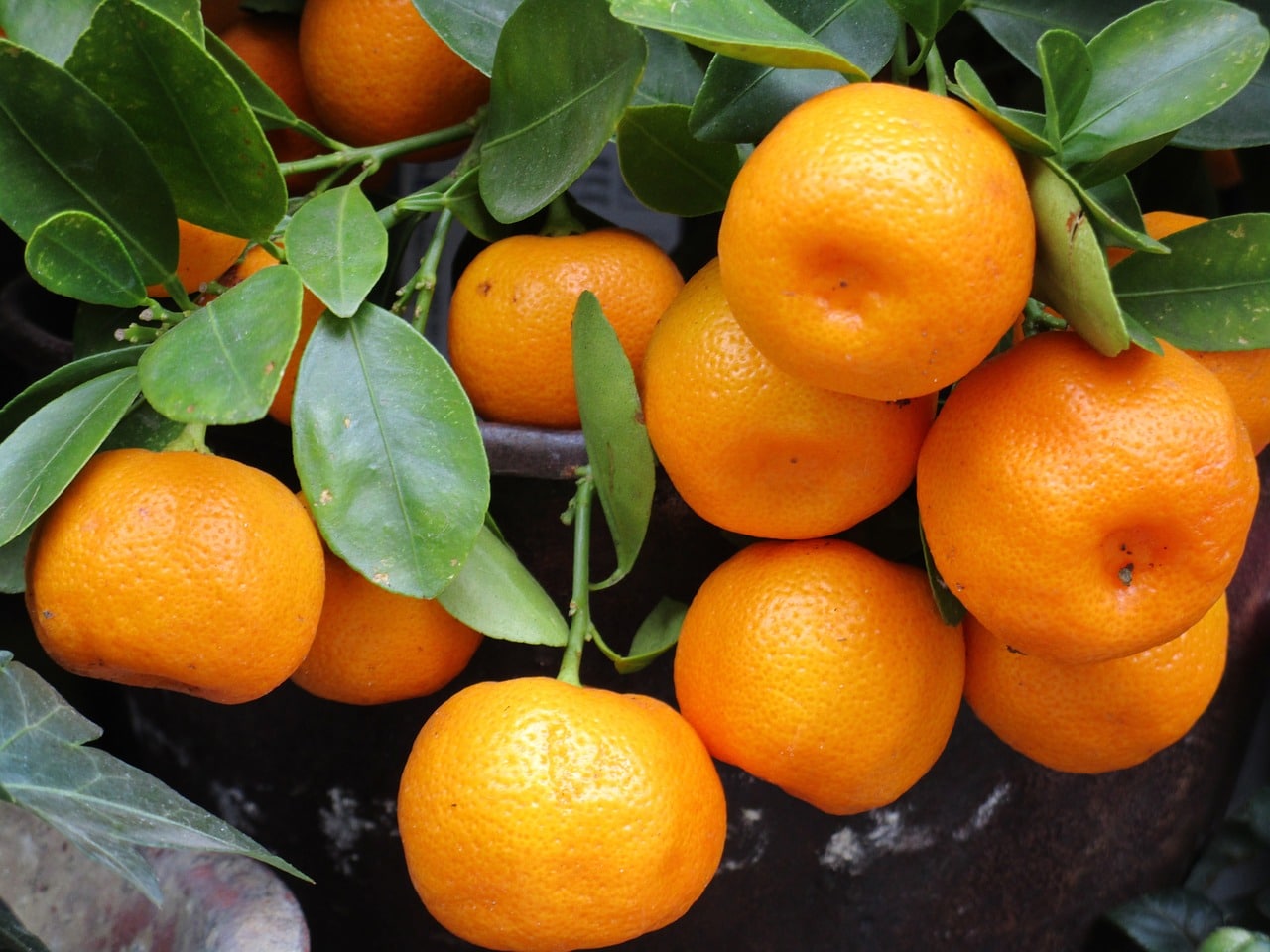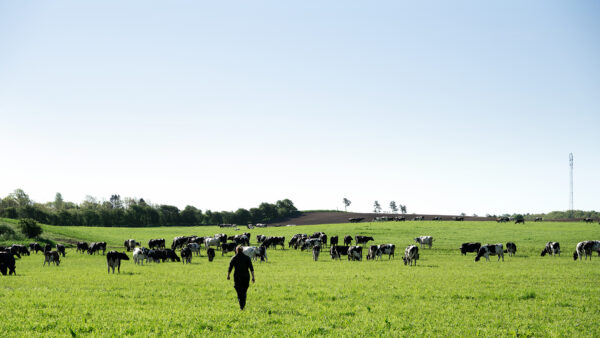Research assignments that are being withdrawn, companies that are deciding to relocate their R&D departments outside Europe — it is gradually becoming clear that the decision by the European Court of Justice to treat CRISPR-Cas as a form of genetic modification is having far-reaching consequences. Including for WUR.
This summer, the European Court of Justice ruled that the technique CRISPR-Cas, which allows very precise changes to be made to the DNA of bacteria, plants and animals, should fall under the strict laws for genetically modified organisms (GMOs). This means that crops that were improved using CRISPR-Cas have to undergo a time-consuming and expensive approval procedure before they can be grown or traded. In countries such as the US and Japan, CRISPR-Cas is not covered by that GMO procedure so plant breeders can now develop and market new varieties much faster there. The court’s decision will put the Dutch plant breeding sector at a disadvantage, concludes Ernst van den Ende, director of the Plant Sciences Group.
Mutagenesis
Plant breeders can use CRISPR-Cas to make precise changes in the DNA. That is an improvement on classic mutagenesis techniques in which untargeted changes are made in the DNA using chemical reactions or irradiation, as an organism that has been given the desired mutations by these techniques may also have many other random mutations.
The classic forms of mutagenesis are exempt from the strict European GMO laws because experience has shown that the techniques are not harmful to health or the environment. Many researchers had hoped that CRISPR-Cas — which is much more precise, after all — would also be exempted from the GMO rules. But the European Court judged that the safety of this new technique has not yet been established. That is why it is still subject to the GMO legislation.
Grapefruits
The court’s ruling — that organisms obtained by mutagenesis count as GMOs for EU law, and that some kinds of mutagenesis have been proven to be safe and others not (or not yet) — has interesting implications. Red grapefruits that are the result of classic mutagenesis techniques are on sale in Wageningen market. Many organic varieties were also bred in this way and are sold and eaten like normal products. Yet they were created using much cruder, more imprecise techniques than the CRISPR-Cas products that are not going to be available on the market for the time being. Those products still have to get through the complex approval procedure for GMO products.
That procedure is becoming ever more difficult. Plant breeders took the classic transgenic crop of maize with an inbuilt resistance to the pesticide Roundup and inserted genes with the aid of Agrobacterium. As a result it contains chunks of foreign DNA that monitoring organizations can easily find. But CRISPR-Cas is a ‘clean’ technique that does not introduce extraneous DNA. As a result it is much harder to tell a CRISPR-Cas product apart from a traditional product. But the EU still wants to make that distinction. That is why plant breeders will have to be able to prove that they created their new varieties without the help of CRISPR-Cas.
Disappointed
Plant breeding companies are drawing their own conclusions. The largest Dutch trader in seed potatoes, HZPC, is relocating its research on CRISPR-Cas outside the EU, the trade journal Boerderij announced this summer. HZPC director Gerard Backx was very disappointed in the ruling by the European Court. “This means we won’t be able to be as innovative as we would like for our European potato growers. I really regret this. We’ll have to move some of our research outside Europe, which will only benefit non-European growers.”
The German plant breeding company KWS is also taking measures. KWS Saat, which mainly breeds maize, sugar beets, cereals and potatoes, will move part of its R&D from Europe to the US, as Harold Verstegen, head of the Cereals department, recently told Resource.
Other plant breeding companies are more cautious. “We respect the ruling of the European Court of Justice and won’t be making use of CRISPR-Cas in the development of our vegetable varieties,” says Anneke van de Kamp, PR manager at the vegetable breeding company Rijk Zwaan. “We never practiced GMO breeding before and that will remain the case. Though we do use CRISPR-Cas in our research.”
Split into two
The position expressed by Van de Kamp is shared by other vegetable breeding companies. They don’t want to be associated with GMOs because of public opinion and are therefore not rejecting the European Court’s judgment out of hand. This is also because it is relatively easy for vegetable breeders to develop new varieties using the standard breeding techniques as most vegetables have rather simple genomes. They can use CRISPR-Cas to test new or improved properties in their research departments. If that works, they can replicate their findings using the standard techniques.
“R&D is being split into two,” says a recruiter for a breeding company who wishes to remain anonymous. “The research can be done anywhere, including in Europe. The development is going to other countries. That’s already happening. You don’t notice it because all the breeding companies are global operators with multiple R&D centres in Europe, Asia and the US. They’re shifting their R&D investments to non-European countries; those discussions are going on now.”
Consequences for WUR
Plant Sciences Group director Ernst van der Ende is already seeing that this shift is having an impact on WUR. “A few companies have withdrawn their CRISPR-Cas research assignments in the past few months.” He is not prepared to say which companies or how much money is involved. There are also discussions in the Horticulture and Propagation Materials top sector about whether breeding companies will still be willing to invest in research on CRISPR-Cas, says Van den Ende, who is on the board of this top sector.
The critics of GMO techniques will see this as good news, as the big companies will have less influence on Dutch plant breeding research. But Van den Ende points to something else: “Have you noticed that major global players such as Bayer and Syngenta have been relatively silent on the subject of the court’s ruling? Their position is not affected under the GMO legislation, which drives up the price of new varieties. It is precisely the smaller companies that focus on specific crops in smaller market segments that need the cheap technology and shorter procedures.”
Source: Wageningen University & Research













